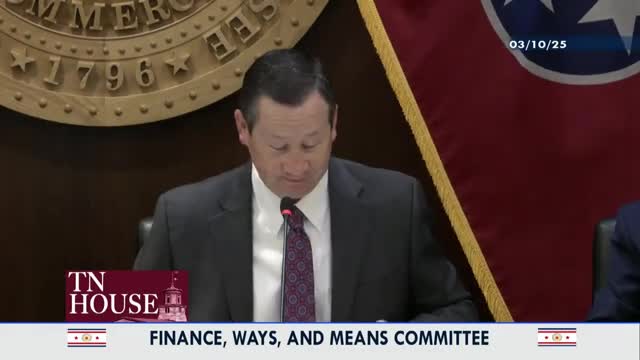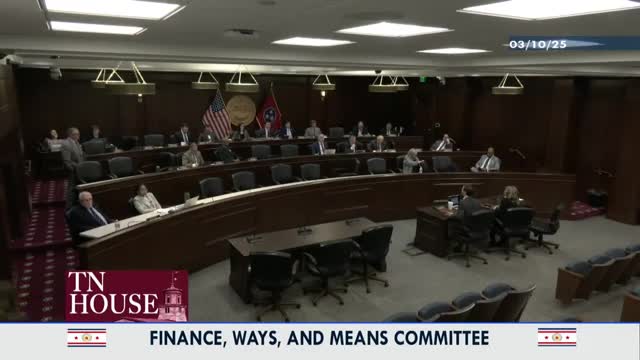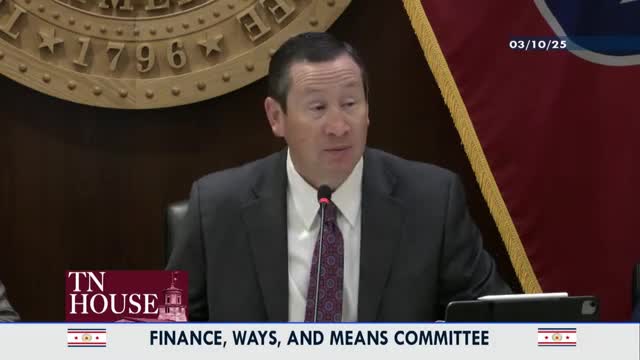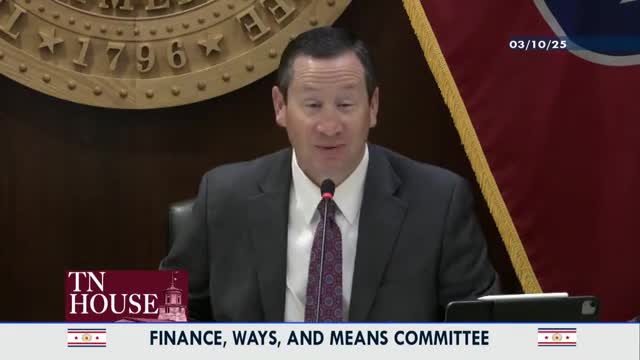Article not found
This article is no longer available. But don't worry—we've gathered other articles that discuss the same topic.

Tennessee Department of Education asks for recurring $164 million to raise base student funding, expands summer learning and teacher pay proposals

Commerce and Insurance seeks funds for training, radios and line-of-duty payments; details SRO and recruiting programs

Department of Revenue requests $18.7M increase; reports nearly $1.3B refunded under 2024 franchise tax provision

